
Capivasertib's safety profile in the CAPItello-290 trial was comparable with prior reports of the agent in advanced triple-negative breast cancer.

Your AI-Trained Oncology Knowledge Connection!


Russ Conroy is an Associate Editor for CancerNetwork. He grew up in Hillsborough, New Jersey, and graduated from Rutgers University-New Brunswick in 2022.
On the weekends, he likes to unwind by playing video games with friends, tailgating at Rutgers football games with his family, or building his music collection with a visit to Princeton Record Exchange.

Capivasertib's safety profile in the CAPItello-290 trial was comparable with prior reports of the agent in advanced triple-negative breast cancer.

The likelihood of response was also higher in patients who received no more than 3 lines of therapy prior to liso-cel in the TRANSCEND CLL 004 trial.

Phase 3 data from the E1910 trial support the FDA approval of blinatumomab in CD19-positive Philadelphia chromosome–negative B-cell precursor ALL.

Data from the DUO-E trial support the FDA approval of durvalumab/chemotherapy for those with primary advanced or recurrent dMMR endometrial cancer.

Those with relapsed/refractory multiple myeloma and lower tumor burden are also more likely to have deeper responses to idecabtagene vicleucel.

Data from a phase 1 trial may support the utility of IBI343 for patients with advanced pancreatic ductal adenocarcinoma.
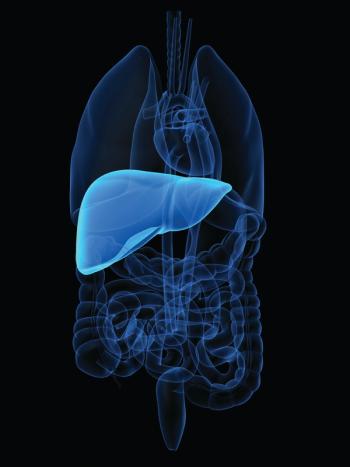
Investigators of the HEPATORCH trial will present additional data on toripalimab plus bevacizumab in this population at a future academic conference.

Data from the phase 1/2 LIBRETTO-001 trial support the FDA approval of selpercatinib in patients with RET fusion-positive thyroid cancer.

Psychology intervention service may improve gratitude, anxiety, and physical function when a hematopoietic stem cell transplant is conducted vs standard of care.
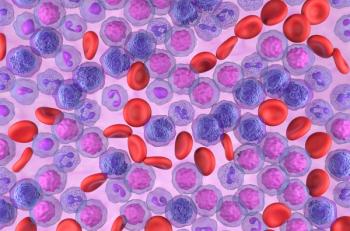
Phase 1b data on SL-172154 in acute myeloid leukemia will be presented at the 2024 European Hematology Association Congress.

Data from the phase 3 ALINA trial support the approval of alectinib for patients with ALK-positive non–small cell lung cancer in the European Union.
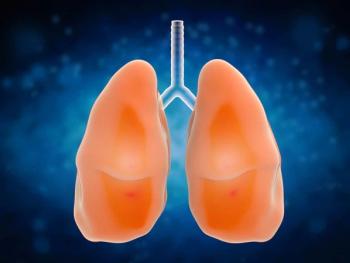
The FDA is expected to decide on approving osimertinib for EGFR-mutated non–small cell lung cancer in the fourth quarter of 2024.
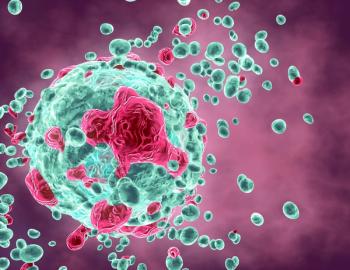
Data show responses lasting for more than 6 months among patients with melanoma who responded to treatment with RP1 plus nivolumab.
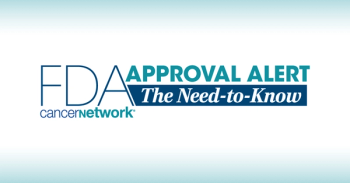
The FDA has approved imetelstat (Rytelo) for the treatment of adult patients with low- to intermediate-1 risk myelodysplastic syndromes with transfusion-dependent anemia requiring at least 4 red blood cell units over 8 weeks who have not responded to, or have lost response to, or are ineligible for erythropoiesis-stimulating agents.

Toxicity in this phase 3 trial was comparable with prior reports of chemotherapy among patients with relapsed/refractory acute myeloid leukemia.

Data support prophylactic treatment with tocilizumab as an option to mitigate the risk of CRS for outpatient dosing of teclistamab.

Eye-related adverse effects after treatment for relapsed/refractory multiple myeloma in DREAMM-7 appear manageable with dose and schedule changes.

Phase 2 data show that vaccination with PolyPEPI1018 may enhance the efficacy of atezolizumab in those with microsatellite stable metastatic CRC.

Triplet therapies containing belantamab mafodotin may fulfill an unmet need for patients with multiple myeloma following the first relapse.

The FDA has set a new Prescription Drug User Fee Act date of November 9, 2024, for zolbetuximab in this gastric cancer population.

Findings from the TRANSCEND NHL 001 trial support the FDA approval of lisocabtagene maraleucel in relapsed/refractory mantle cell lymphoma.

The FDA has set a Prescription Drug User Fee Act date of November 29, 2024, for zanidatamab in this biliary tract cancer population.

The FDA has set a Prescription Drug User Fee Act date of November 27, 2024, for the inavolisib-based combination in this breast cancer population.

Data from the phase 1/2a AFM24-102 trial support the fast track designation for the AFM24 combination in EGFR wild-type non–small cell lung cancer.

Investigators plan to present additional findings from the phase 3 TROPION-Lung01 trial at a future medical meeting.

The FDA has set a Prescription Drug User Fee Act Date of September 27, 2024, for the isatuximab combination in transplant-ineligible NDMM.

Data support revisiting goals of care conversations with patients with very advanced cancer who have significantly progressed with their disease.
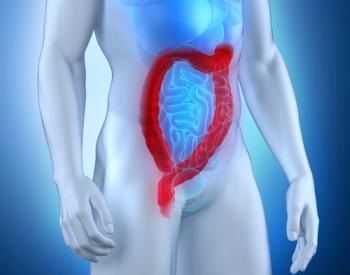
Treatment with complete mesocolic excision appears to reduce the length of hospital stay compared with conventional surgery in right colon cancer.

Data from the phase 2 RAMP 201 trial may support the potential accelerated approval of avutometinib/defactinib in KRAS-mutated LGSOC.
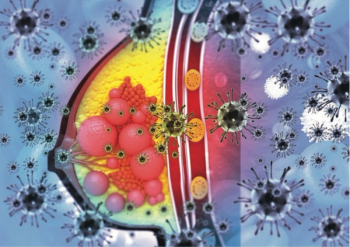
Findings may support bilateral mastectomy as an alternative for symmetry following unilateral mastectomy for breast cancer.